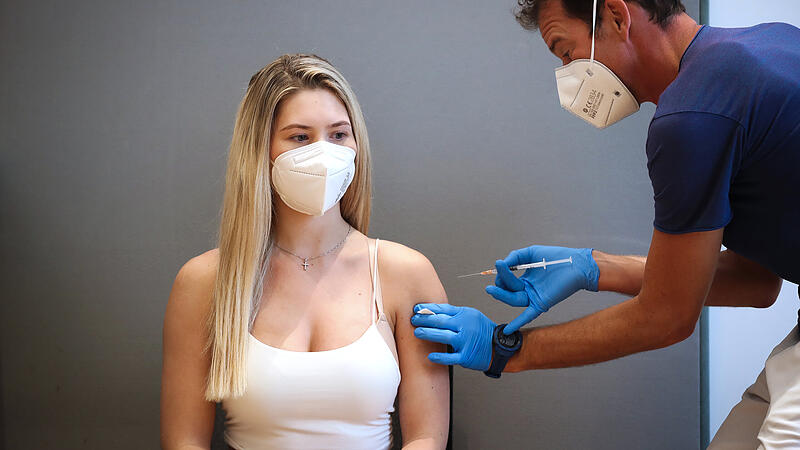A study carried out at the University of Innsbruck has demonstrated the influence of vaccination-skeptical general practitioners on their patients’ corona vaccination behavior. According to the scientific paper, their attitude at the peak of vaccination rejection in December 2021 led to a vaccination rate that was around 5.6 percentage points lower, said Andreas Steinmayr, study leader and professor for empirical economic research, in the APA interview.
The starting point for the research work was, so to speak, the “Open Letter” from December 2021, which was addressed to the President of the Austrian Medical Association Thomas Szekeres and signed by around 200 vaccine-skeptical doctors, said Steinmayr. 110 of them were general practitioners. From this letter, GPs who were clearly skeptical about vaccines finally had their work identified and their work localized, he emphasized.
According to Steinmayr, the study also focused on smaller rural communities in which there are fewer options when choosing a family doctor: “The communities were allowed to have a maximum of 10,000 inhabitants and a maximum of ten family doctors”. Municipalities that did not have a general practitioner were also excluded. Of the remaining 1,533 communities, at least one general practitioner who was skeptical about vaccination worked in 54.
“It was also important for us to be able to compare the communities, for example in terms of political mood, demographics, attitudes towards conventional medicine or the like,” Steinmayr continued. The aim was to prove the direct influence of general practitioners on the vaccination behavior of patients apart from other factors.
However, it was not possible to evaluate the statements actually made by general practitioners and thus the influence they had on their patients. “We assume, however, that the ‘Open Letter’ is a manifestation of the doctors’ previous opinion and that similar arguments were made in the practices,” Steinmayr stated.
Source: Nachrichten




